William Major hails from the mountains of northeastern Tennessee. Major attended the small liberal arts school, Milligan College, and graduated in 2015 with a bachelor of arts in photography and humanities. He currently lives in Athens, GA attending the University of Georgia seeking a Master of Fine Arts degree in photography. Major currently explores varying performances and unique talents through portraiture and video. As a graduate student, he has worked with wrestlers, boxers, bodybuilders, contortionists, circus performers, singers, dancers, and a host of other performers. He explores the motivation behind these performances – where validation, recognition, and exposure are generally key. The spectacle is an important part of this research, as well as subverting its coded language.
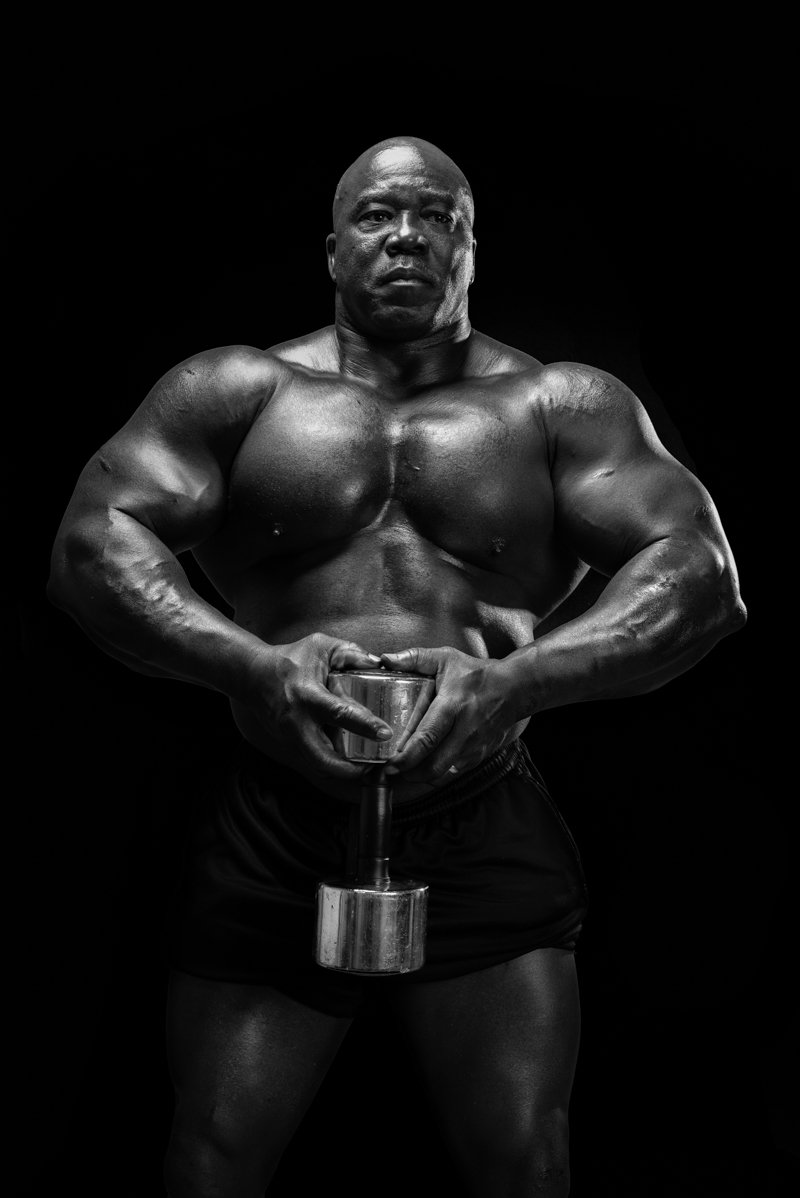
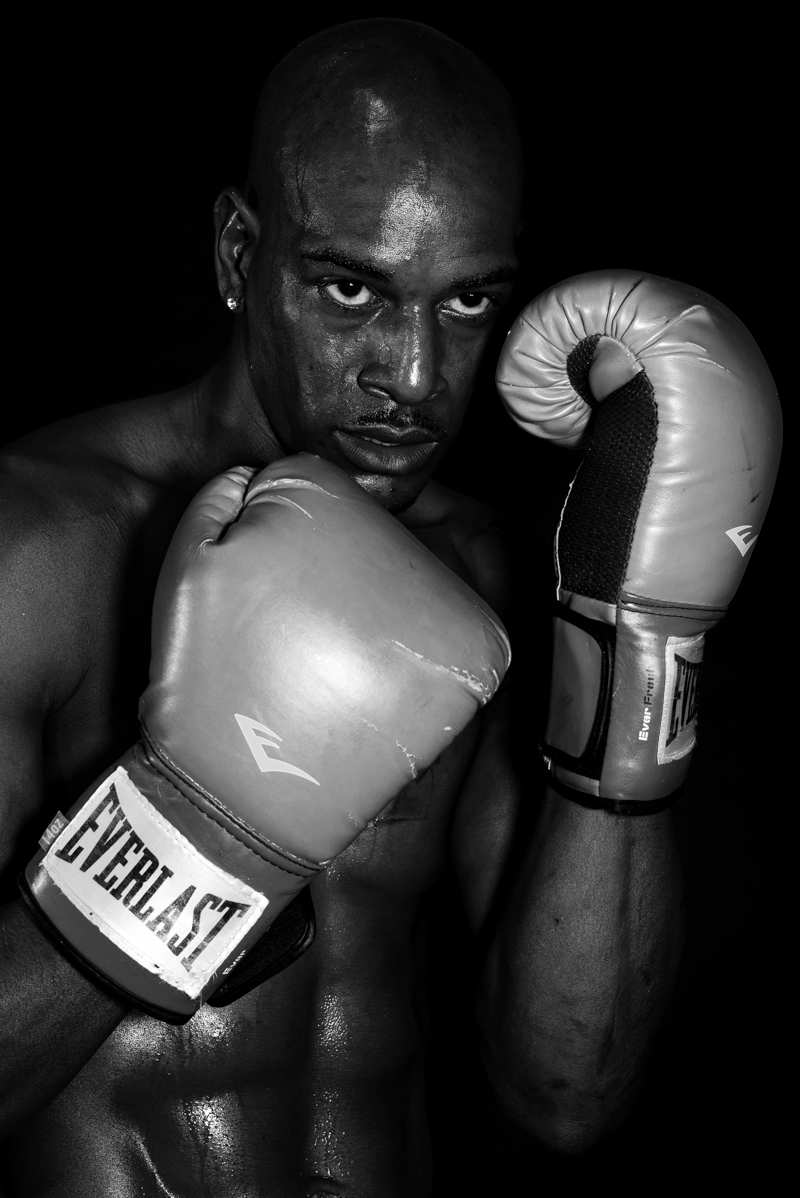
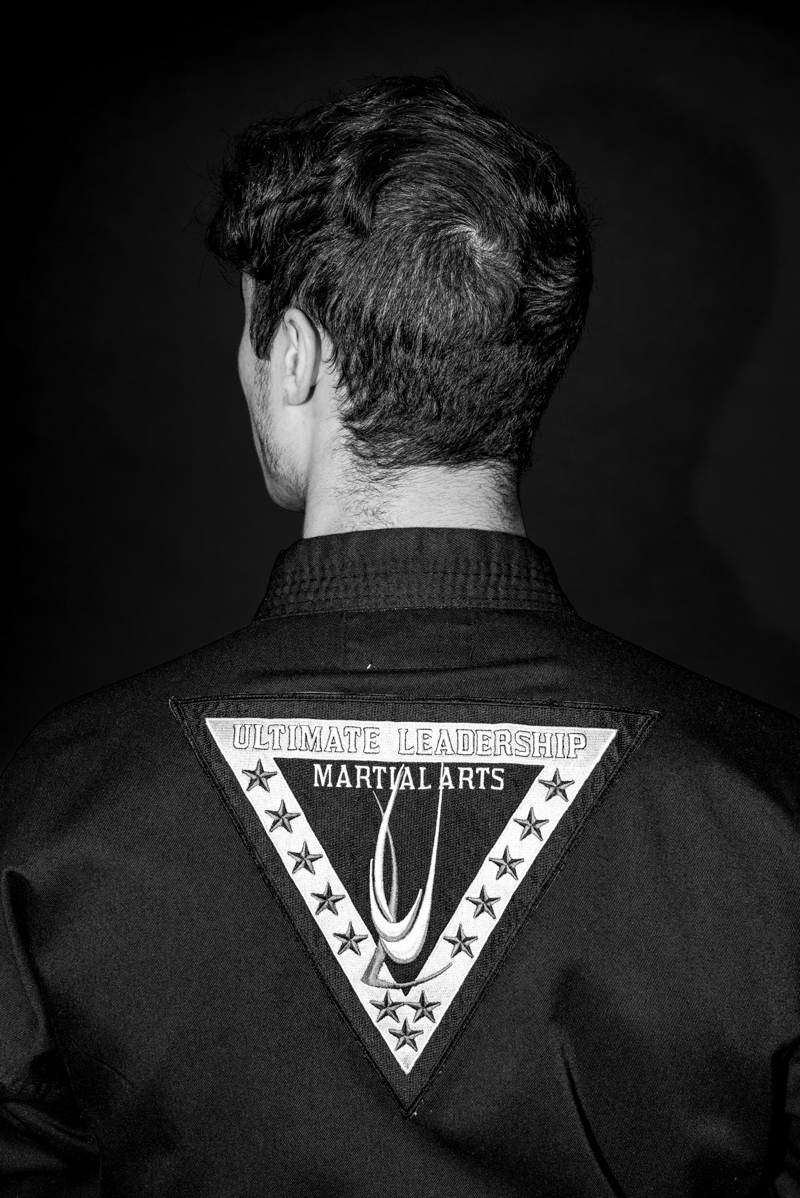
Fighting for Recognition in the Age of Isolation
Stages become places for isolated performances – traditional prosceniums, roadhouses, and arenas, which are all site-specific to an extent, but what I am interested in is not commercial brick and mortar theatre; rather, smaller spaces where the stage blurs fantasy and reality. The stakes are different when watching karaoke at a smoky bar – someone belting their voice in the most earnest way, sometimes polished, sometimes not technically great, but at least they were in love with the moment and willing to be vulnerable in a room full of strangers. The stakes are different when you are on a music tour and you are playing to an empty room, but you still give it your all. I am looking for utilitarian stages – where the untrained, nonprofessional, can get up and tell their story. Independent sports are where I ended up documenting this type of theatre – specifically wrestling and most recently boxing and mixed martial arts.
Sports stages have their role – the fans watching and athletes becoming the actors. Sports is full of tension, suspense, reversal of fortune, reveals who we are as human beings, aligns nations, fans, or politics (or sometimes destroys them in solidarity). What you are watching is a battle for dominance ultimately dependent on strength, skill, and judicious timing. The main difference between sports and traditional theatre is the outcome is not always predictable. The critic Bryan Cowgill once said, “My problem is that if I go and see a production of Hamlet, unlike a soccer game, I know the results in advance.” The role of a traditional actor is supposed to convince the audience that even though they know the play that maybe this time Hamlet will not be slain by Laertes at the end. In independent wrestling, you have a plotted storyline, there is a fixed outcome, and the wrestlers have specific roles. These players gather in their locker room, adorn their costumes, have their entrance, say their soliloquy, and fight to be seen. Fight for recognition and validation. Like a good actor and athlete one is never sure of the outcome.
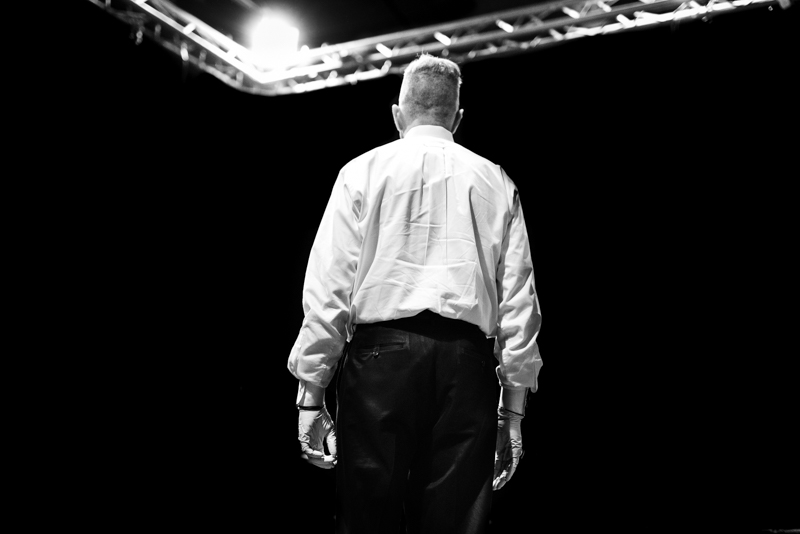
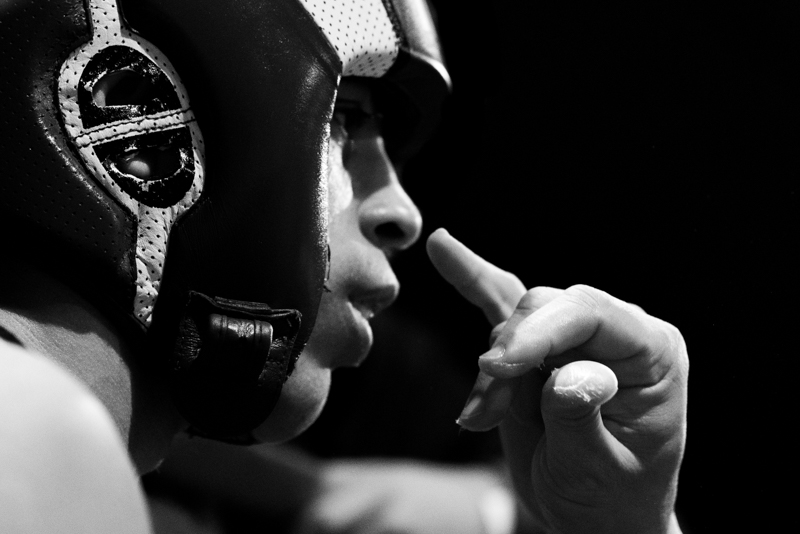
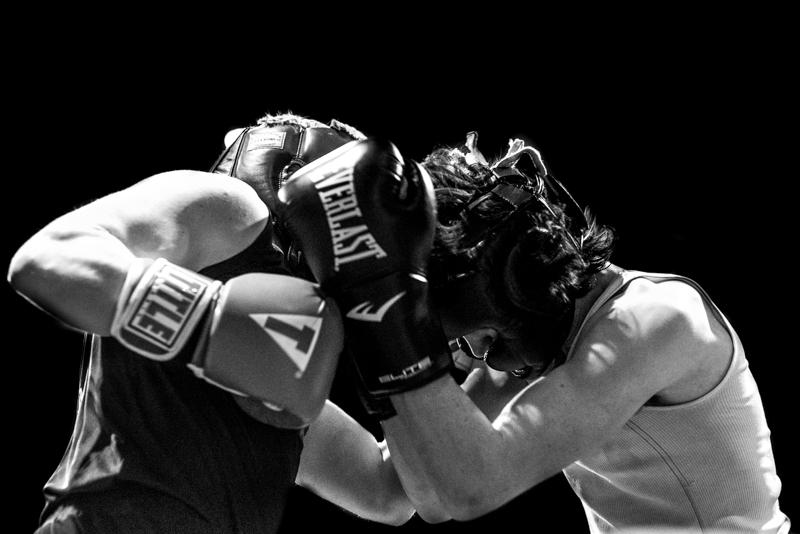
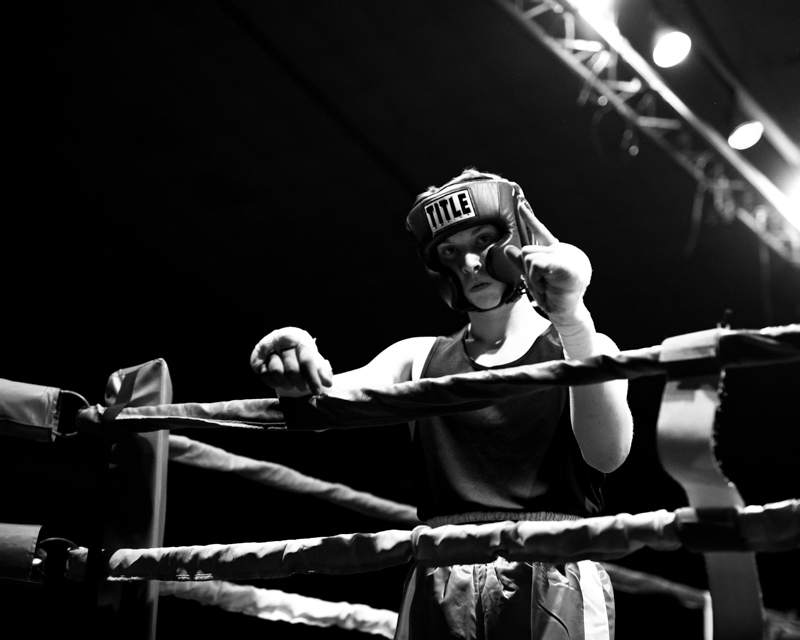
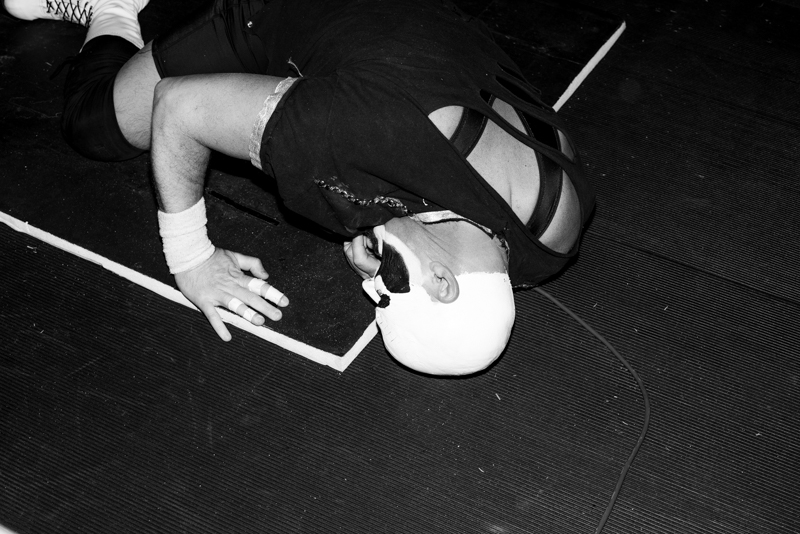
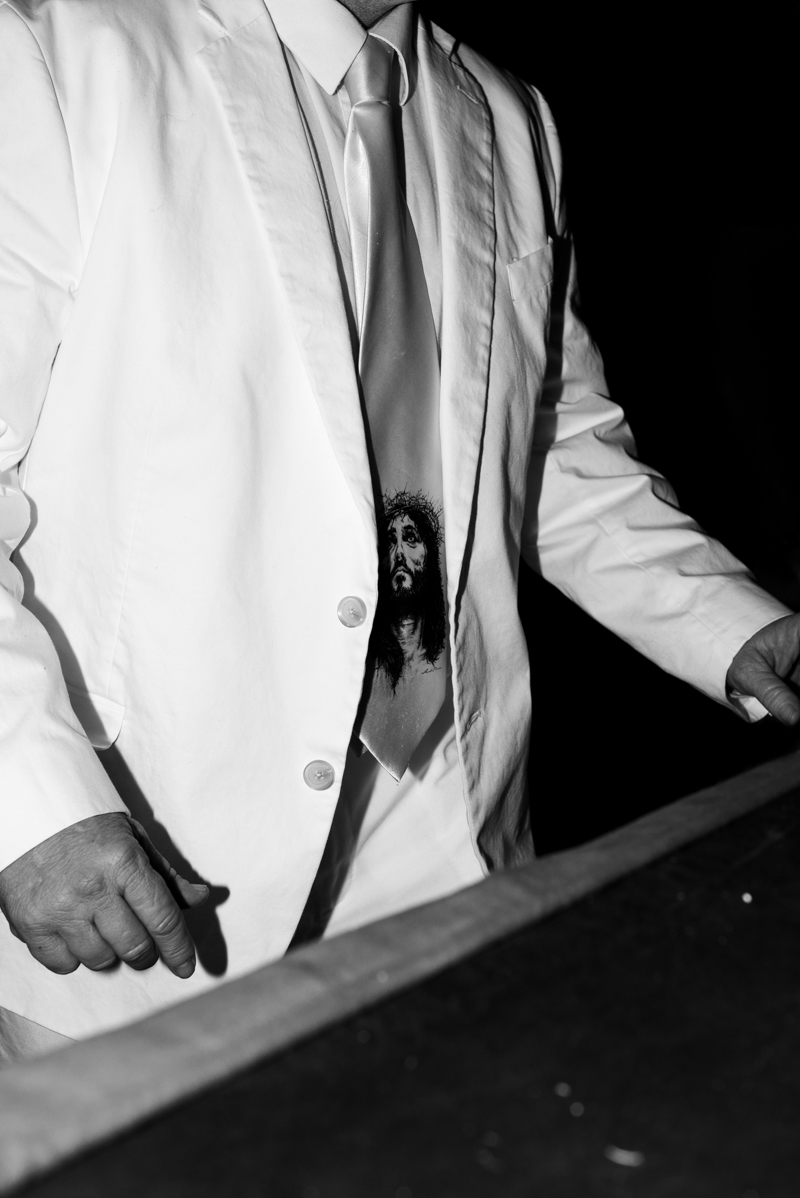
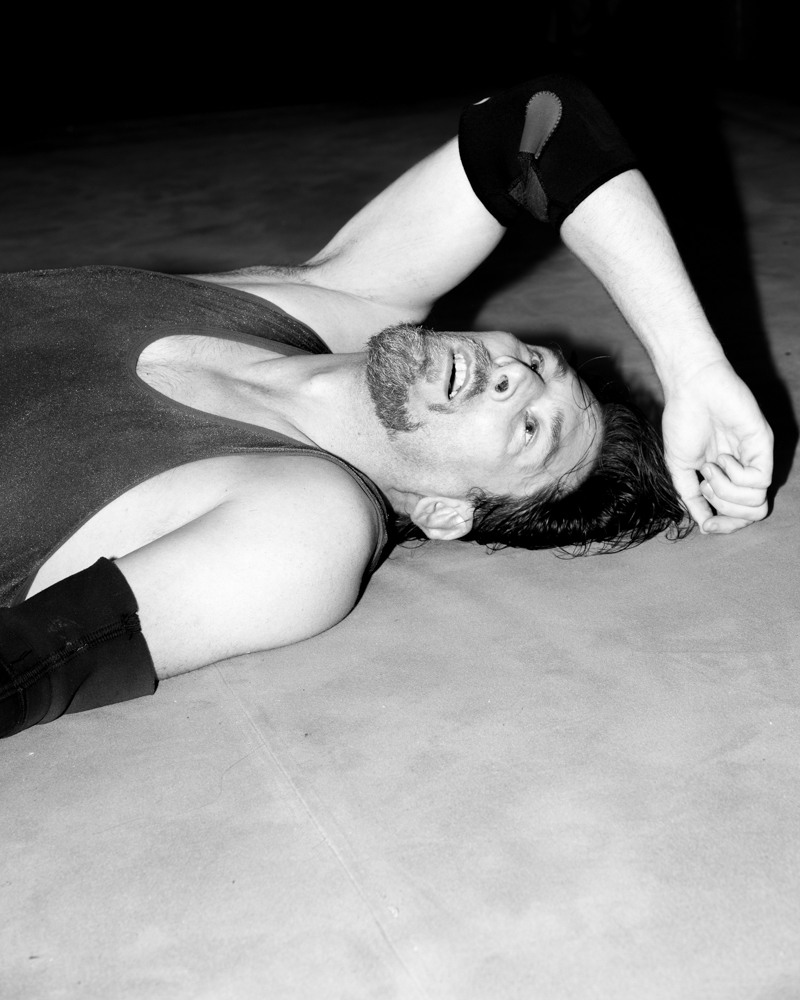
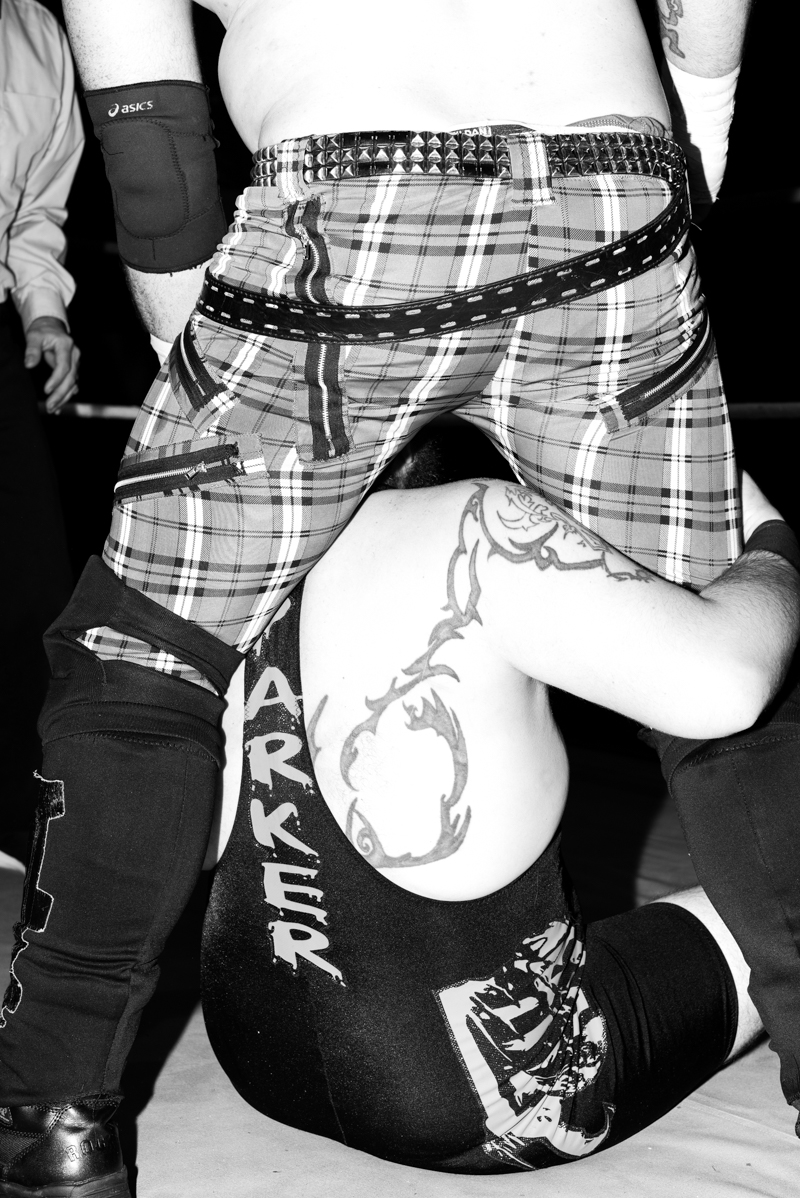
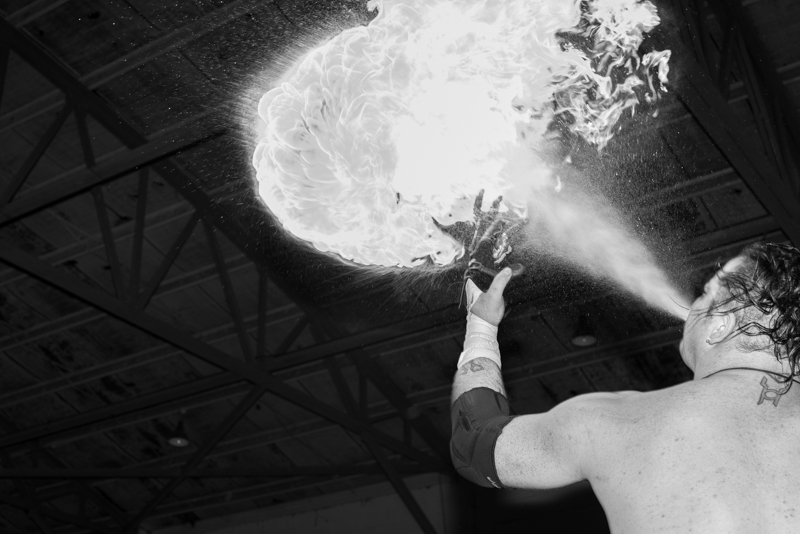
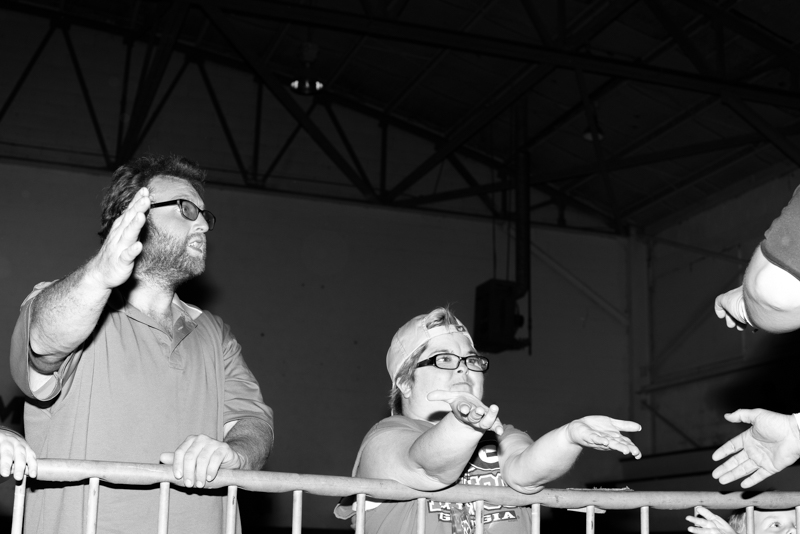
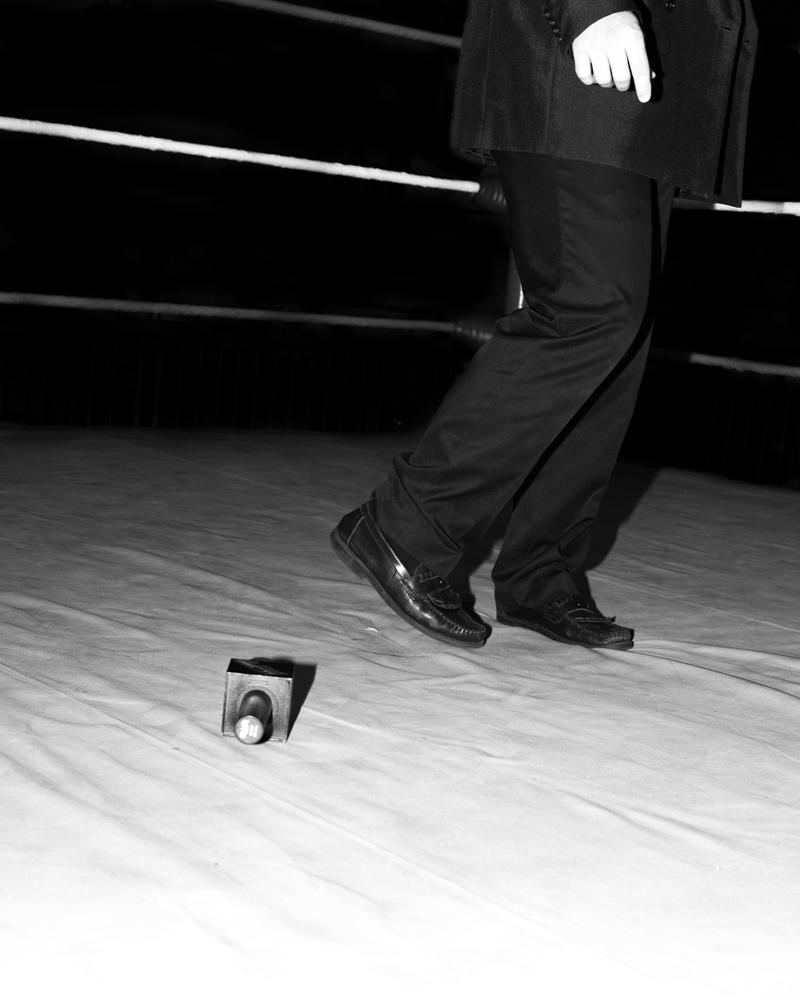
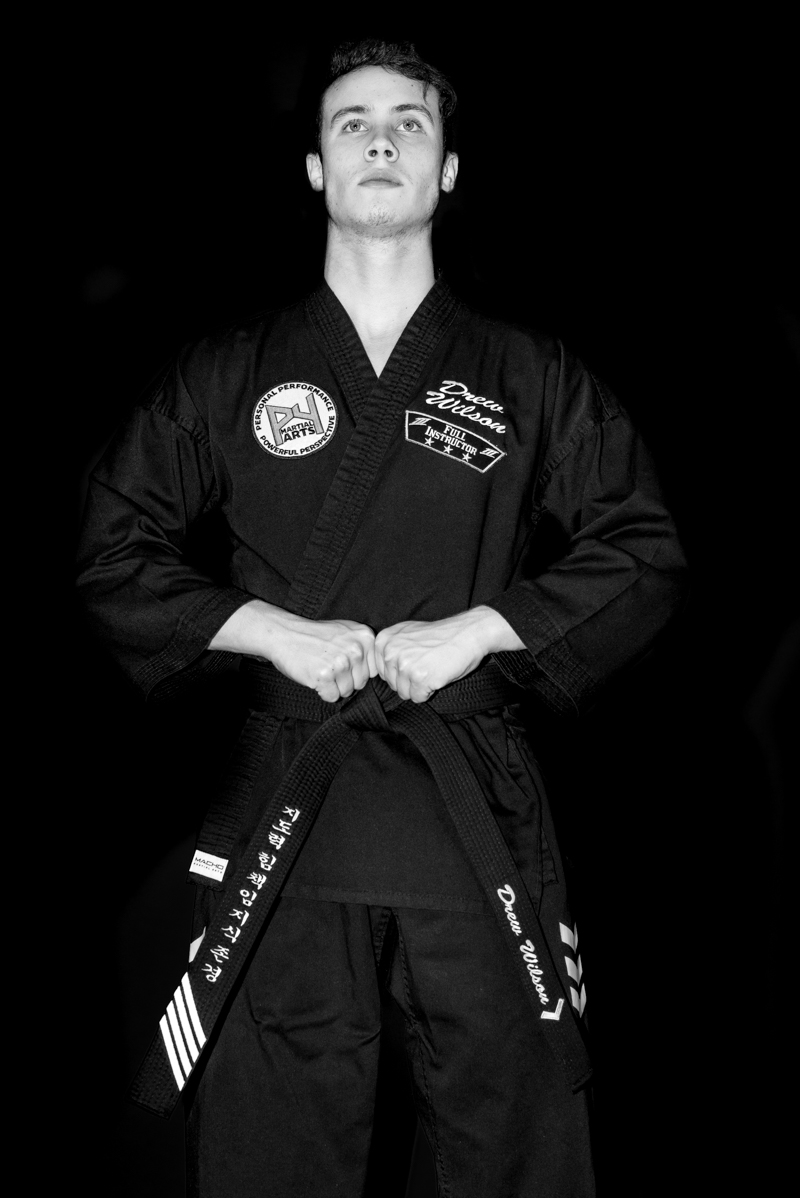
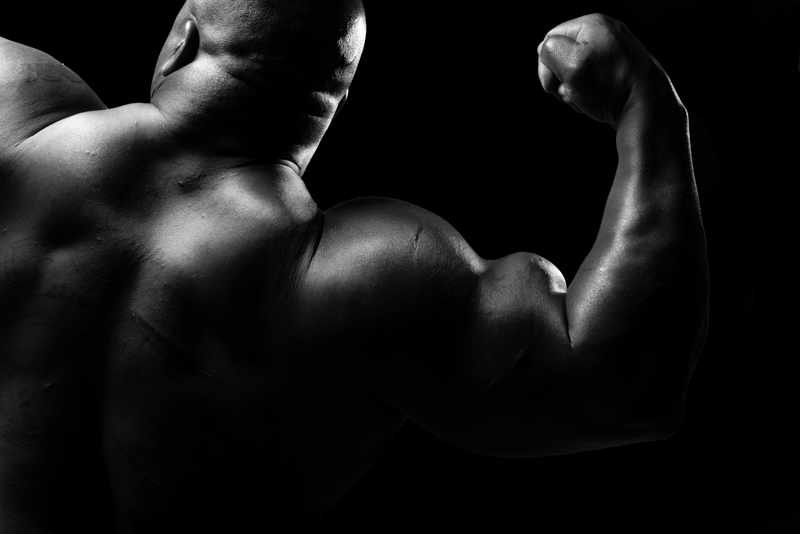
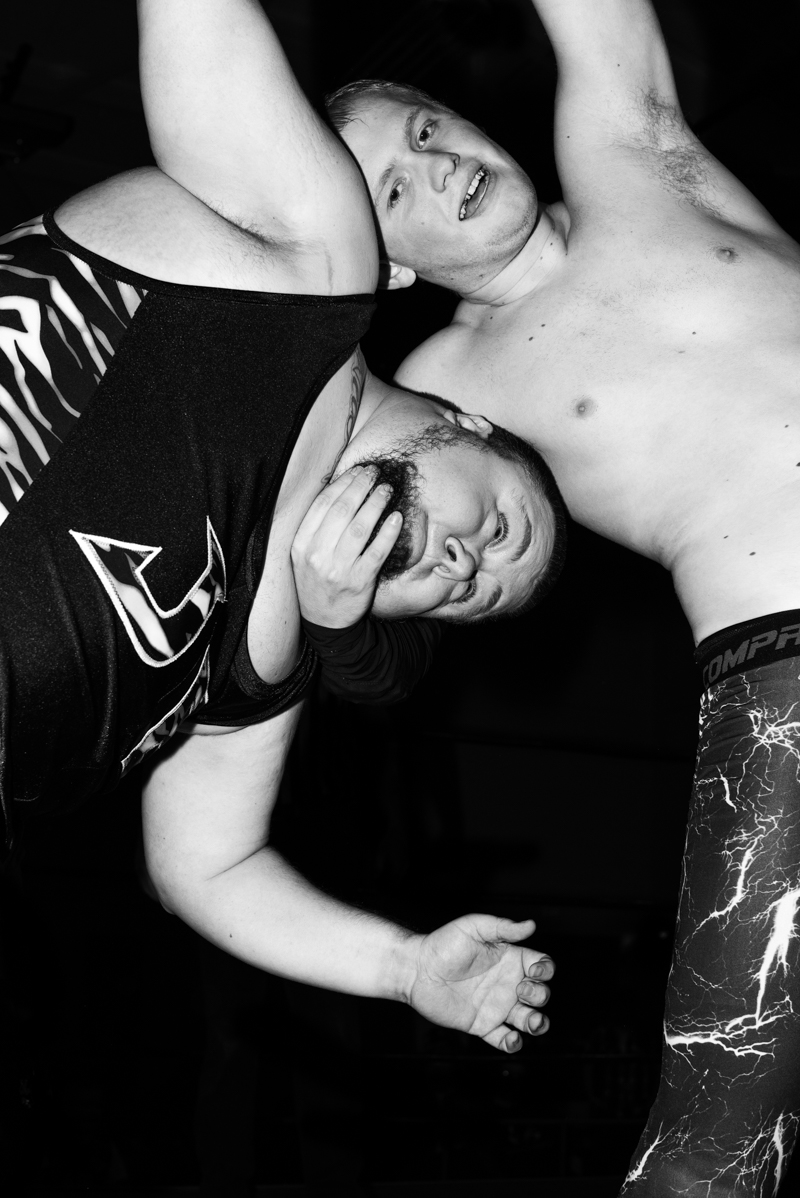
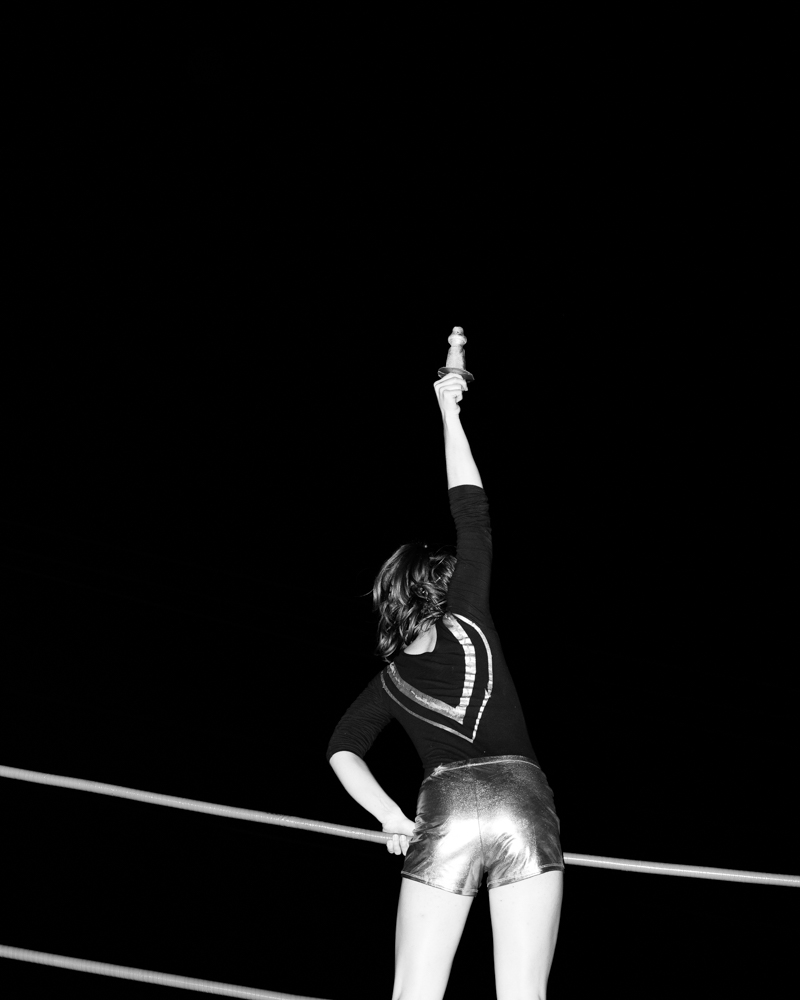
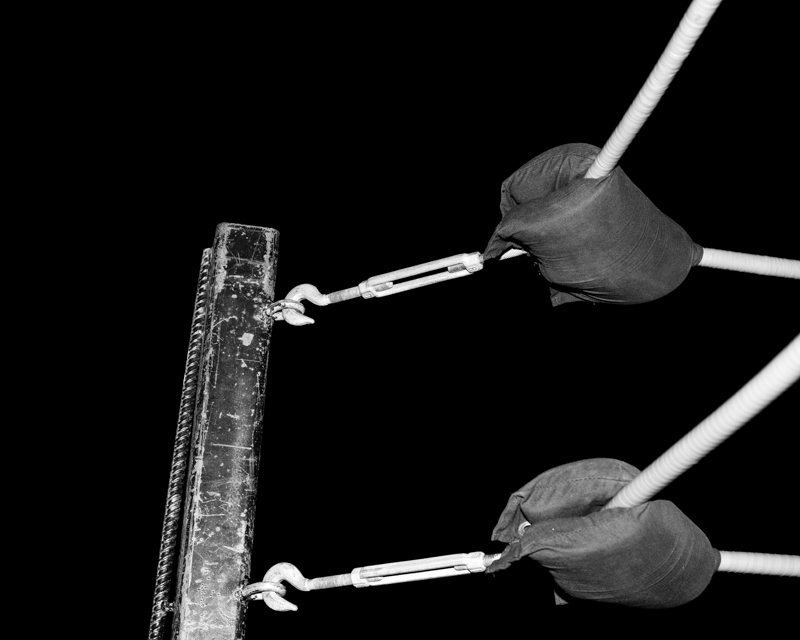
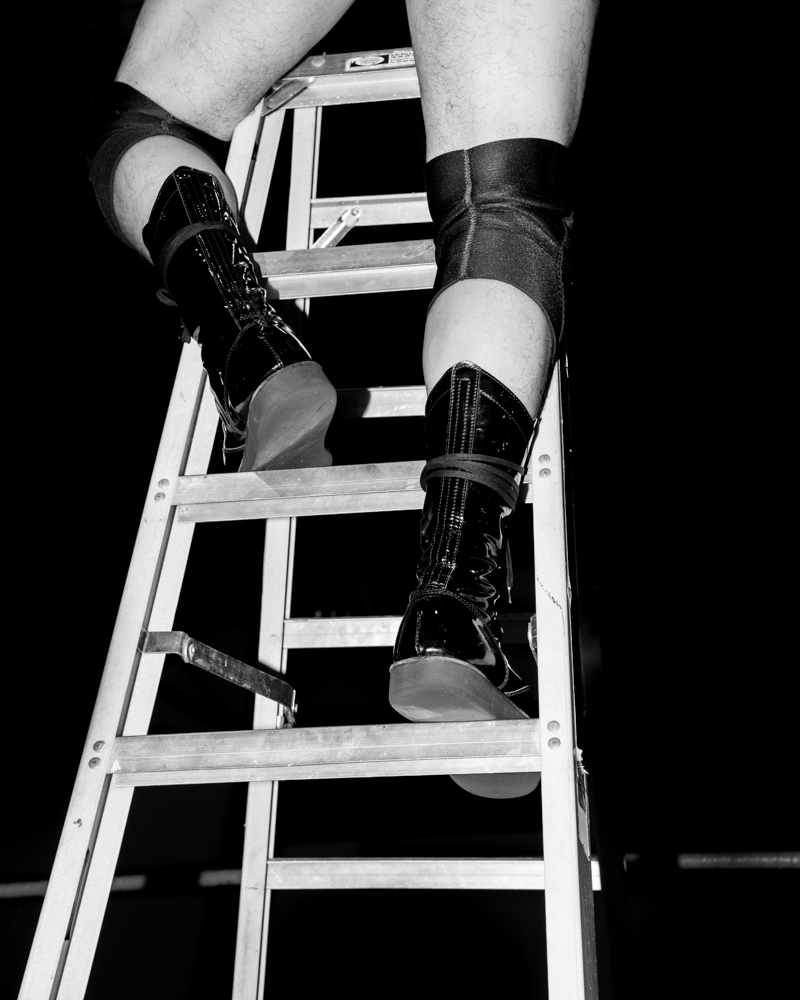
To view more of William Major’s work please visit his website.